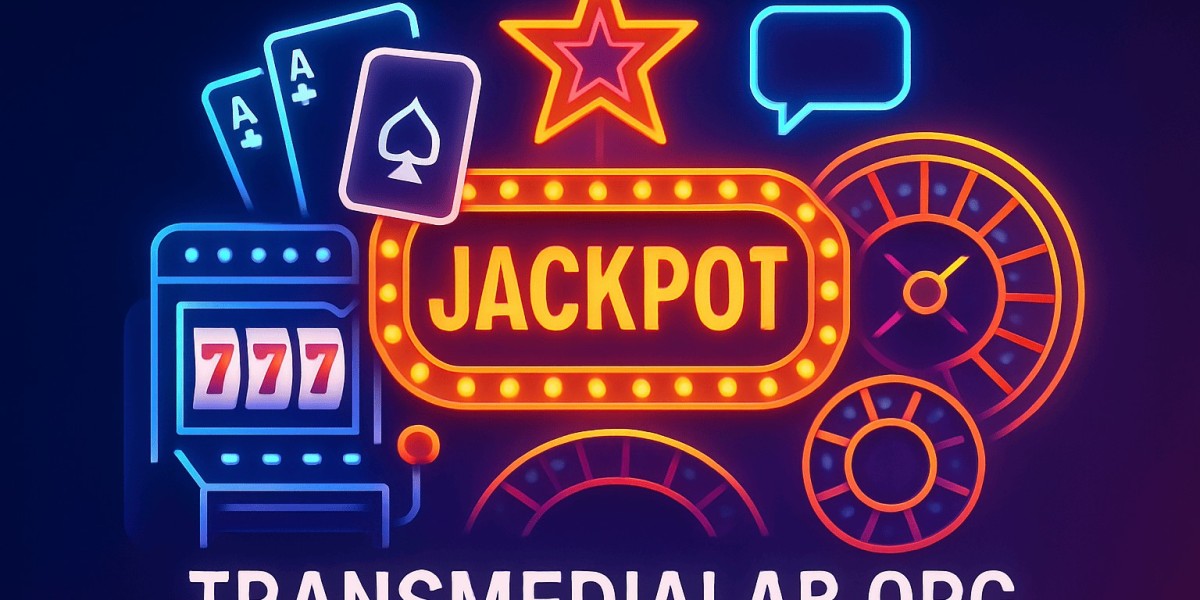
A Comprehensive Guide to Buying Licenses: What You Need to Know
In today's competitive landscape, the purchase of licenses is frequently a vital element of operating a successful company. Whether you are wanting to buy licence software application licenses for your business, a music license for your artistic endeavors, or a service license to ensure compliance with regional laws, understanding the subtleties of license procurement is crucial. This post will look into the types of licenses readily available, lay out the actions to take when buying a license, and address regularly asked questions for clearness.
Comprehending Different Types of Licenses
There are several kinds of licenses available throughout different markets. Below is a classified summary of the most common licenses one may encounter:
1. Software Licenses
Software accredits grant users approval to operate software application applications under specified terms. These can be divided into numerous categories:
- Proprietary Licenses: The user has actually limited rights and should follow the terms set forth by the software application manufacturer.
- Open Source Licenses: These permit users to customize the software's source code, adhering to copyright laws.
- Freeware Licenses: Users can use the software for complimentary, however might deal with limitations on redistribution and modification.
2. Business Licenses
Service licenses are required by regional, state, and federal governments to lawfully operate a service. Common licenses include:
- General Business License: A fundamental license needed to run within a city or county.
- Professional Licenses: Required for specific professions, such as healthcare or finance.
- Sales Tax Permit: Necessary for organizations engaging in retail sales.
3. Imaginative Licenses
For artists, musicians, and material creators, protective licenses ensure the ideal use of their work:
- Copyright Licenses: Control over how the work can be reproduced, distributed, and displayed.
- Music Licenses: Necessary for performing or using music in different settings, such as radio stations or public places.
4. Intellectual Property Licenses
These are important for safeguarding developments and ideas:
- Patent Licenses: Allow others to produce or use a creation.
- Hallmark Licenses: Permit others to use a brand name's identifiable symbols.
Steps to Buying a License
When planning to purchase a license, it's vital to follow a structured technique:
Step 1: Identify Your Needs
Before procuring a license, examine the requirements of your industry or occupation. Questions to consider include:
- What type of license do you need?
- Are you certified with existing guidelines?
- How will the license benefit your operations?
Action 2: Research Licensing Options
Conduct extensive research to identify possible providers or licensing authorities. Take note of their track record, pricing structures, and terms.
Think about the following during research study:
- Read reviews and testimonials from other users.
- Compare costs throughout different licensing suppliers.
- Understand the fine print in licensing agreements.
Action 3: Evaluate Legal Requirements
Become acquainted with the legal aspects of the license. Regulations might differ by place, so it's recommended to speak with a legal consultant or business expert.
Step 4: Budget for the License
Licenses can vary substantially in expense. Create a budget that covers not only the purchase but also any continuous fees related to the license. Think about if there will be a need for renewal.
Step 5: Make the Purchase
Once you have actually chosen the appropriate license and finalized the details, continue with the purchase. Keep a record of the transaction, consisting of billings and arrangements.
Action 6: Maintain Compliance
After acquiring the license, ensure you comply with its terms to prevent legal implications. Arrange tips for renewal dates and keep your documentation arranged.
Frequently Asked Questions (FAQs)
1. What is the distinction in between a license and a permit?
A license usually grants consent to engage in particular activities, while a permit typically permits the conclusion of a specific process, such as building or environmental compliance.
2. How long does it require to acquire a license?
The timeline can vary significantly depending on the kind of license and regional guidelines. Some licenses can be acquired on the very same day, while others may require weeks or months for approval.
3. Can licenses be moved or offered?
In basic, licenses are frequently non-transferable, particularly exclusive software application licenses. However, some states allow for the transfer of service licenses under certain conditions.
4. What occurs if I don't purchase the required licenses?
Running without the necessary licenses can result in severe penalties, consisting of fines, suits, or even the closure of your business.

5. Exist any discount rates offered for bulk license purchases?
Numerous software application suppliers use discounts for acquiring numerous licenses simultaneously. It's worth asking about offered options throughout the acquiring process.
Getting the suitable licenses is crucial for both people and companies in various industries. By understanding the various types of licenses available, looking into effectively, and following a structured buying procedure, one can prevent pitfalls and ensure smooth operations. In a world where compliance is paramount, taking proactive steps to secure the needed licenses is a financial investment in the future stability and integrity of any venture.








